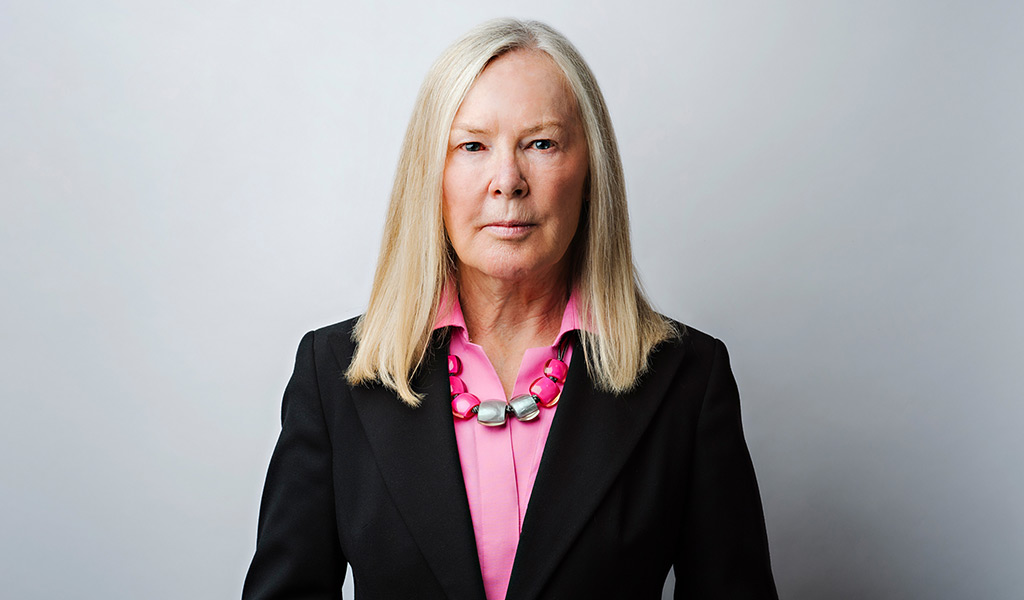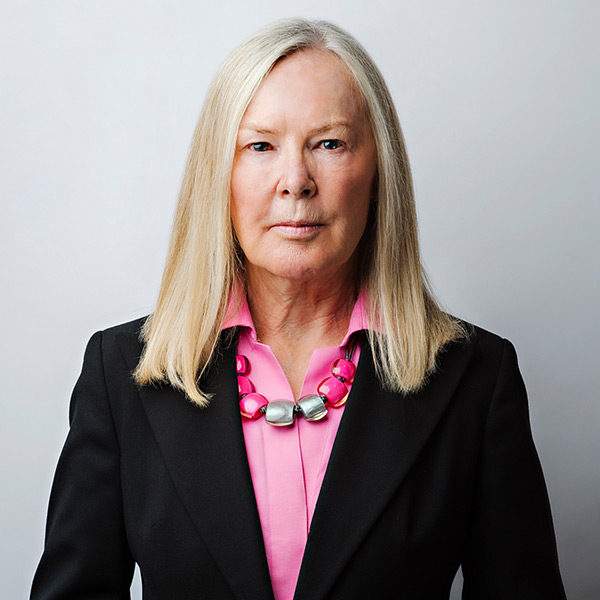The Ontario Court of Appeal just released its decision in Tondat v Hudson’s Bay Company et al.
The facts of the case are ones we typically see in Occupiers cases. The plaintiff, Sandra Tondat, slipped and fell when entering The Hudson’s Bay Company (“The Bay”) and fractured her kneecap. The fall occurred after she had walked into the vestibule area of the store, across a floor mat, stepped onto the tile floor and slipped and fell. The Bay had contracted Quinterra Property Management with maintenance services. Both The Bay and Quinterra Property Management were defendants in the action. The parties agreed on the quantum of damages and the trial was limited to the question of liability.
At trial, the judge concluded that the floor where the plaintiff fell was wet and this was the cause of her fall. He accepted that there was no evidence of any safety system in place, at the store, to abate the risk of a fall, or any effective inspection system. The trial judge did not accept the opinion of the defendants’ expert who testified that the tile flooring where the fall occurred had a superior coefficient of friction when wet and that the flooring was safe whether wet or dry.
The defendants unsuccessfully appealed the trial judge’s decision.
What was interesting about this case is that the plaintiff did not call her own expert to contradict the evidence about the slipperiness of the flooring when wet or dry. The appellate court felt that the defendants’ expert had testified about tests he had run “in a highly controlled way” and admitted he did not take into account variables that could affect the coefficient of friction of the floor tiles such as the weather conditions, the wetness of the floor, the nature of the person’s footwear, or the presence of any oily or greasy substance on the floor. The court concluded that the defence expert, during his testing, had not replicated the conditions typical of the entrance to a busy department store on a rainy day and the expert’s evidence was discounted on the question of whether the floor was slippery.
This case confirms that when retaining an expert to testify about the slip coefficient or “slipperiness” of the floor, be sure that the testing replicates the conditions present at the time of the fall. Of course, this is not always possible as most experts are retained well after the accident, so the conditions are often not similar.
Surely affecting the appellate court’s decision was the fact that a single maintenance person had been on duty both as a cleaner and a porter in the 118,348 square foot store on the day in question and there were no logs to confirm what activity, if any, had been taking place in the vestibule prior the accident.
See Tondat v Hudson’s Bay Company et al, (2018) ONCA 302 (CanLII).

